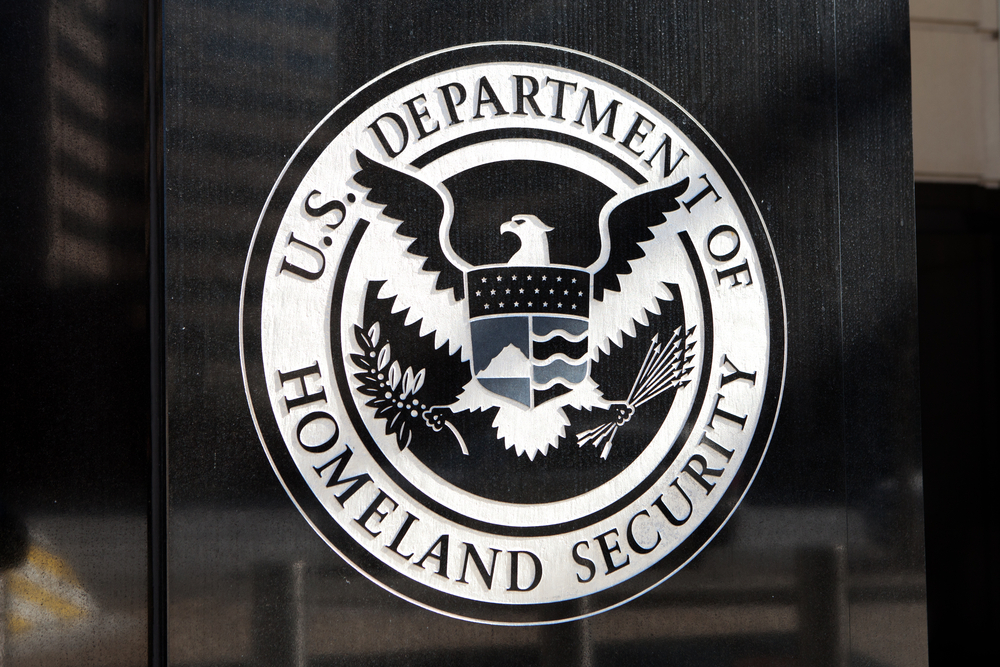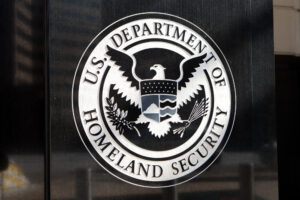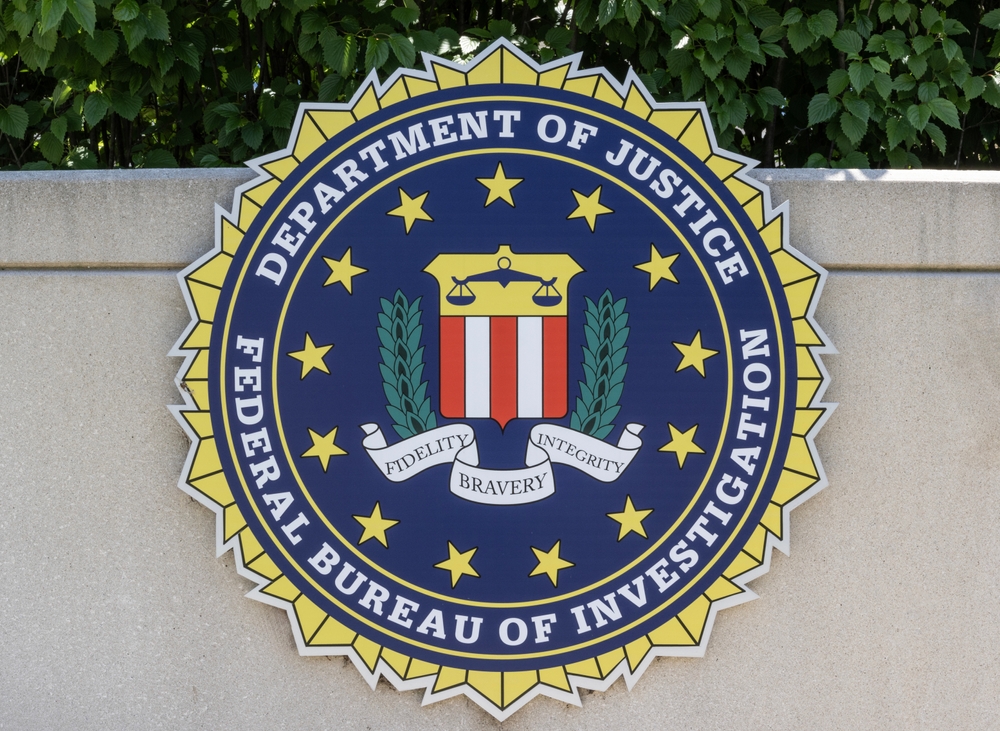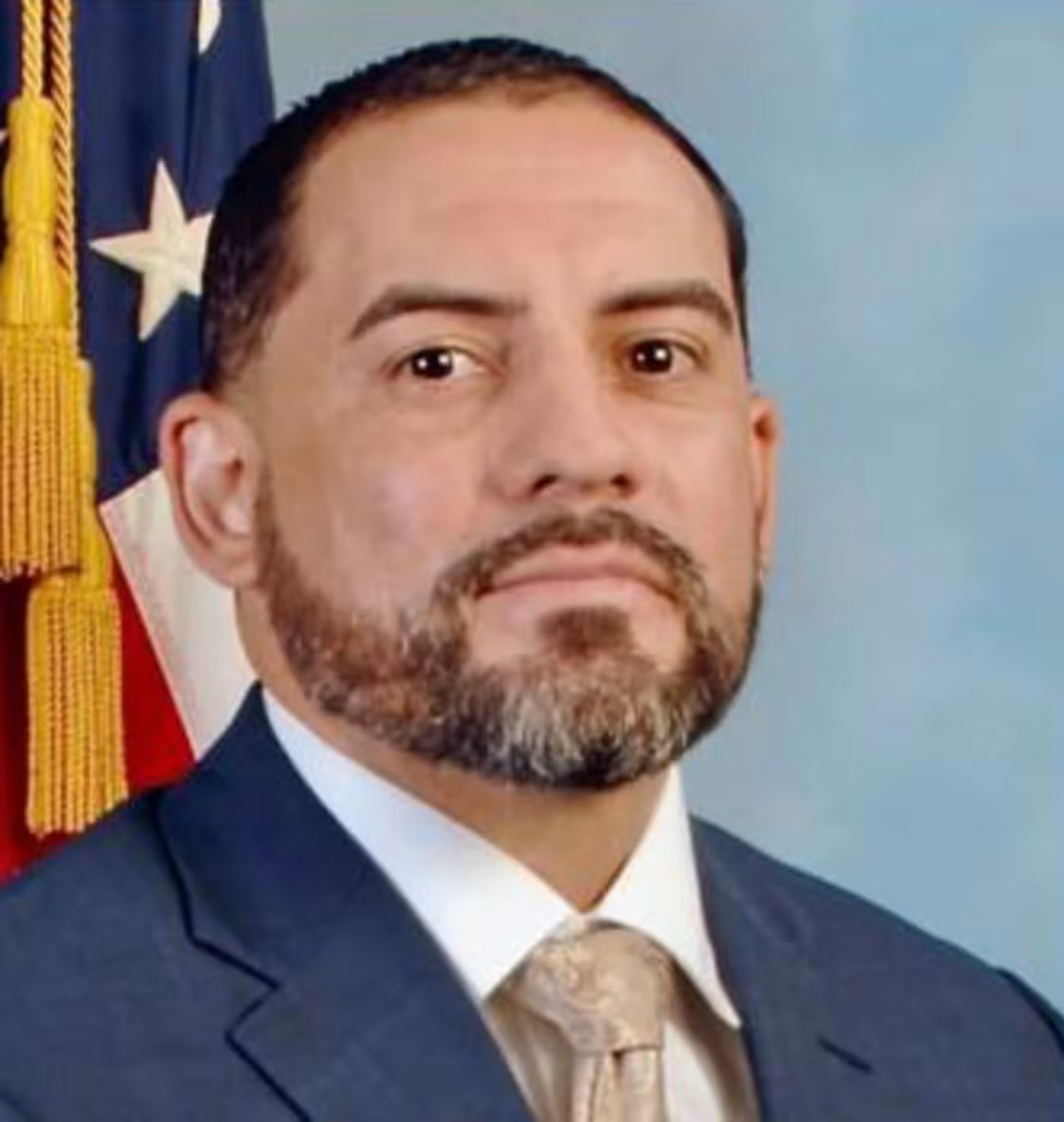By Steve Neavling
As politically motivated attacks by so-called “lone actors” rise nationwide, the Trump administration is shutting down a Department of Homeland Security office created to help stop such violence before it happens.
Since Trump returned to office, the Center for Prevention Programs and Partnerships (CP3) has been slashed from dozens of analysts and supervisors to fewer than 10 staffers, now led by a 22-year-old with no prior homeland security experience, according to former officials, USA Today reports.
“The office is being incrementally dismantled,” said Bill Braniff, who led the center until resigning in March. “They explicitly say that they’re terminating the office – it’s not like this is innuendo.”
Braniff’s comments came a day after a gunman shot two Minnesota state legislators and their spouses, killing one couple and critically injuring the other. Just hours earlier, CP3 reassigned its last senior advisor, Braniff said.
A DHS official defended the move, saying in a statement that CP3 “plays an insignificant and ineffective role in the broader efforts.”
“Unfortunately, under the Biden administration, CP3 was weaponized against political opponents and its main purpose was to funnel money to progressive groups,” the official said. “It should be no surprise to anyone that the Trump Administration is making a diligent effort to end waste, fraud, and abuse – this office is just another example.”
National security experts say the office helped fund local programs designed to prevent radicalization. Between 2020 and 2023, CP3-supported initiatives opened more than 1,100 inquiries into individuals showing behavioral warning signs. Most were referred to mental health counseling; 77 were flagged to law enforcement, according to the agency’s annual report.
The report included examples of people identified through CP3-funded programs, including a student who brought weapons to school and a child whose parent reported growing interest in violent extremism. In both cases, intervention took place — one through counseling, the other through an FBI investigation.
Experts warn that lone actor attacks, like the Minnesota shooting, are difficult to predict, as perpetrators often act in isolation, avoid public threats, and evade detection by law enforcement.






